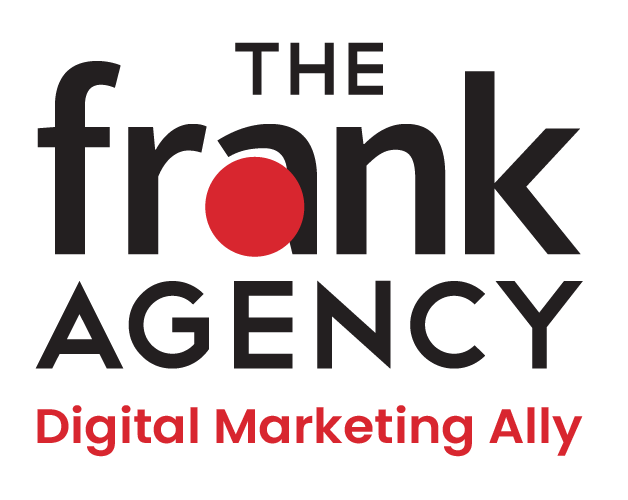Understanding Closed Loop Marketing:
Closed loop marketing is a strategic approach that revolutionizes the way businesses manage their marketing efforts. It involves collecting and analyzing data at every stage of the marketing and sales process, starting from the initial customer interaction to the final conversion. By closing the loop between marketing and sales, businesses can gain valuable insights and make data-driven decisions to optimize their marketing strategies.
The Key Elements of Closed Loop Marketing:
Closed loop marketing consists of three key elements:
- Data Collection: Collecting data from various touchpoints such as website analytics, CRM systems, social media platforms, and customer interactions. This comprehensive data collection allows businesses to have a holistic view of their customers and marketing channels.
- Data Analysis: Analyzing the collected data to derive meaningful insights. By identifying patterns, trends, and correlations, businesses can understand their target audience better, evaluate the success of marketing campaigns, and identify areas for improvement.
- Continuous Improvement: Leveraging insights gained from data analysis to refine and optimize marketing strategies. By making informed adjustments, businesses can enhance their targeting, messaging, and overall customer experience, leading to improved conversion rates and business growth.
Benefits of Closed Loop Marketing:
Closed loop marketing offers several benefits to businesses, including:
- Improved Targeting: By understanding customer preferences and behaviors through data analysis, businesses can tailor their marketing messages to specific segments, resulting in more effective targeting.
- Enhanced ROI: By aligning marketing efforts with actual sales data, businesses can optimize their budget allocation and focus on channels and campaigns that provide the highest return on investment.
- Personalized Customer Experience: With detailed customer insights, businesses can create personalized experiences and engage with their customers in a more meaningful way, building stronger relationships and fostering loyalty.
Implementing Closed Loop Marketing:
To implement closed loop marketing effectively, businesses should:
- Establish Clear Objectives: Define specific goals and key performance indicators (KPIs) to track the success of marketing efforts accurately
- Integrate Systems and Tools: Integrate marketing automation platforms, CRM systems, and analytics tools to collect and centralize data seamlessly.
- Analyze and Interpret Data: Utilize data analytics techniques to uncover valuable insights and trends, enabling data-driven decision-making.
- Refine Strategies: Continuously optimize marketing strategies based on insights gained from data analysis, aiming for continuous improvement and growth.


